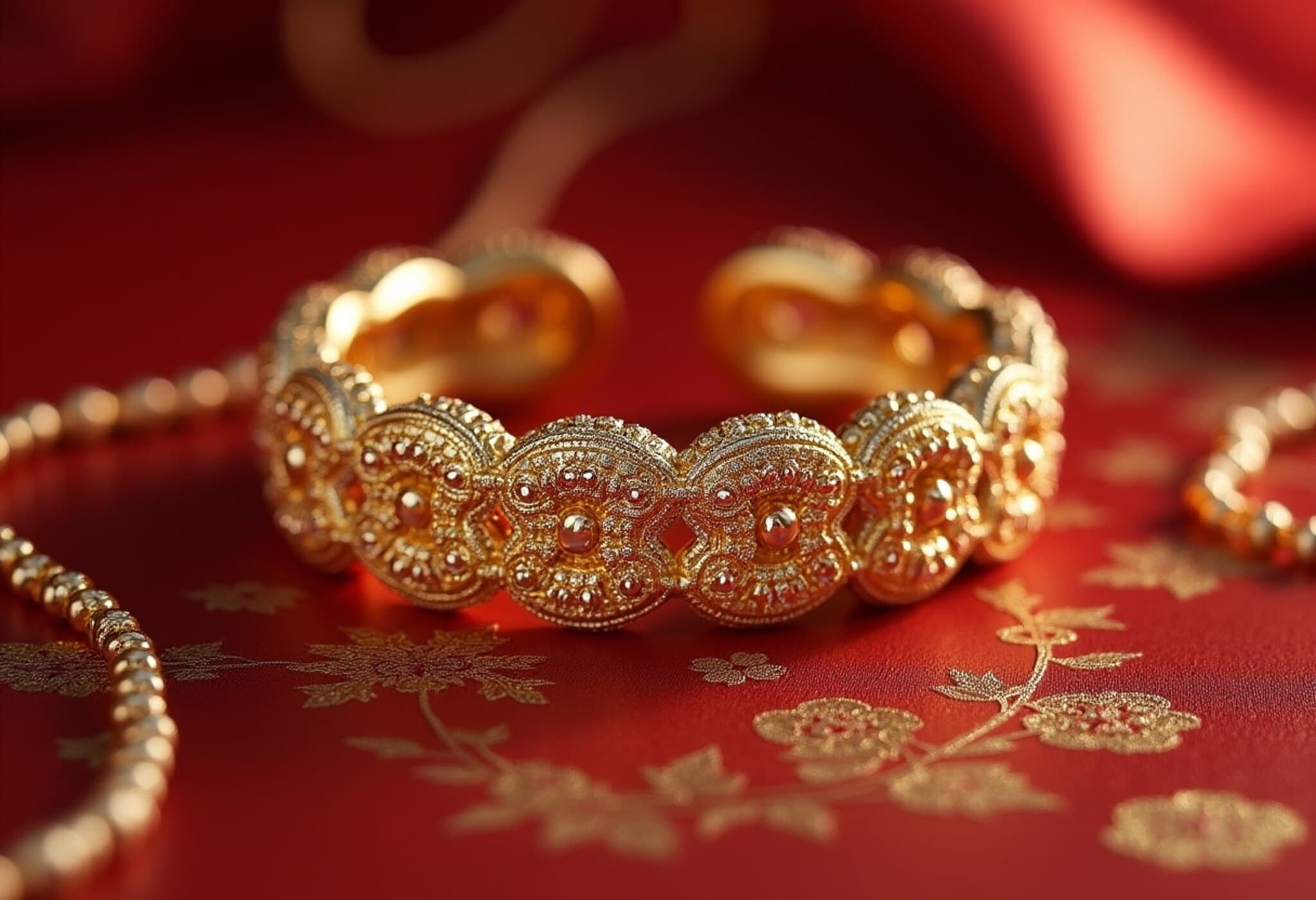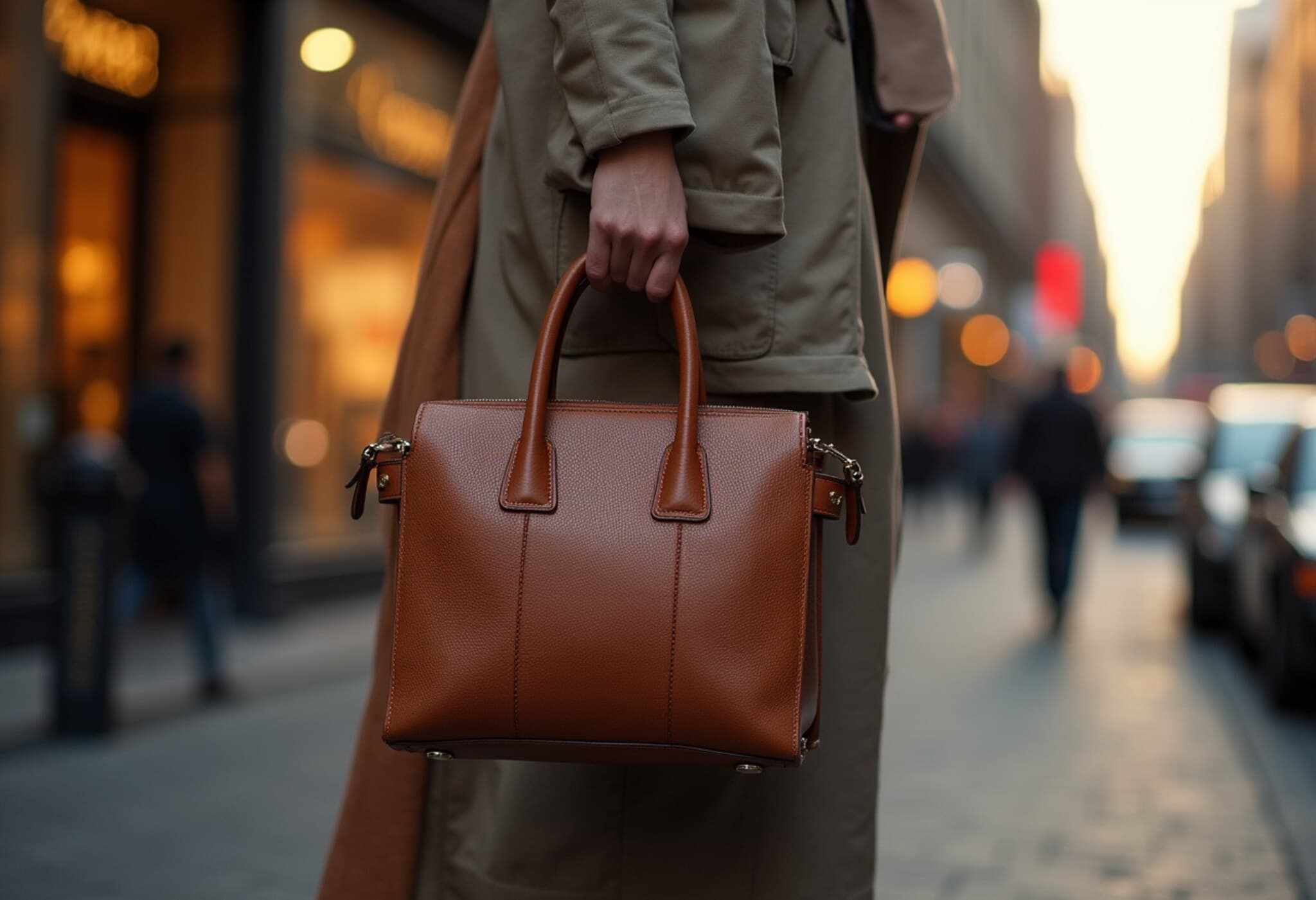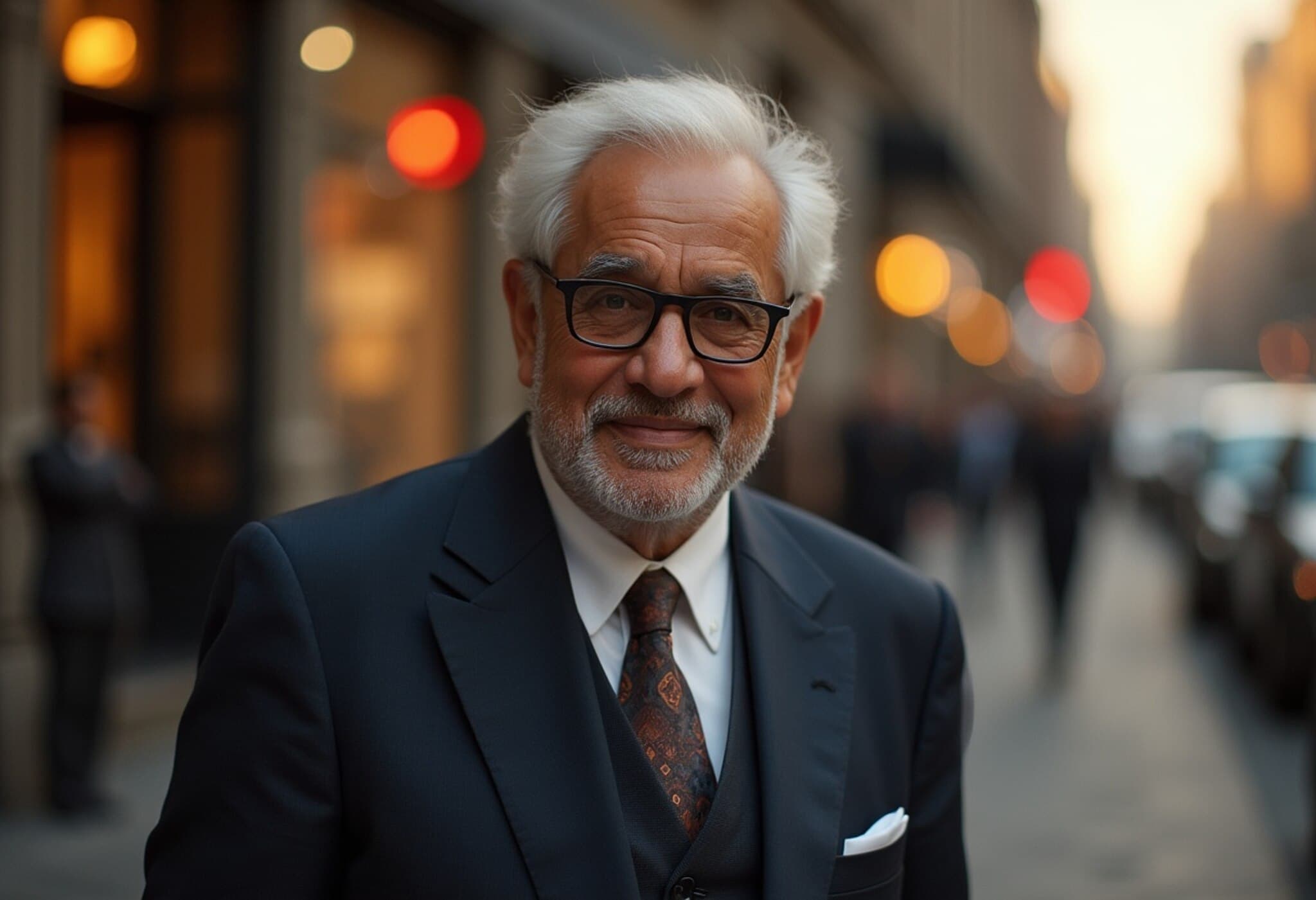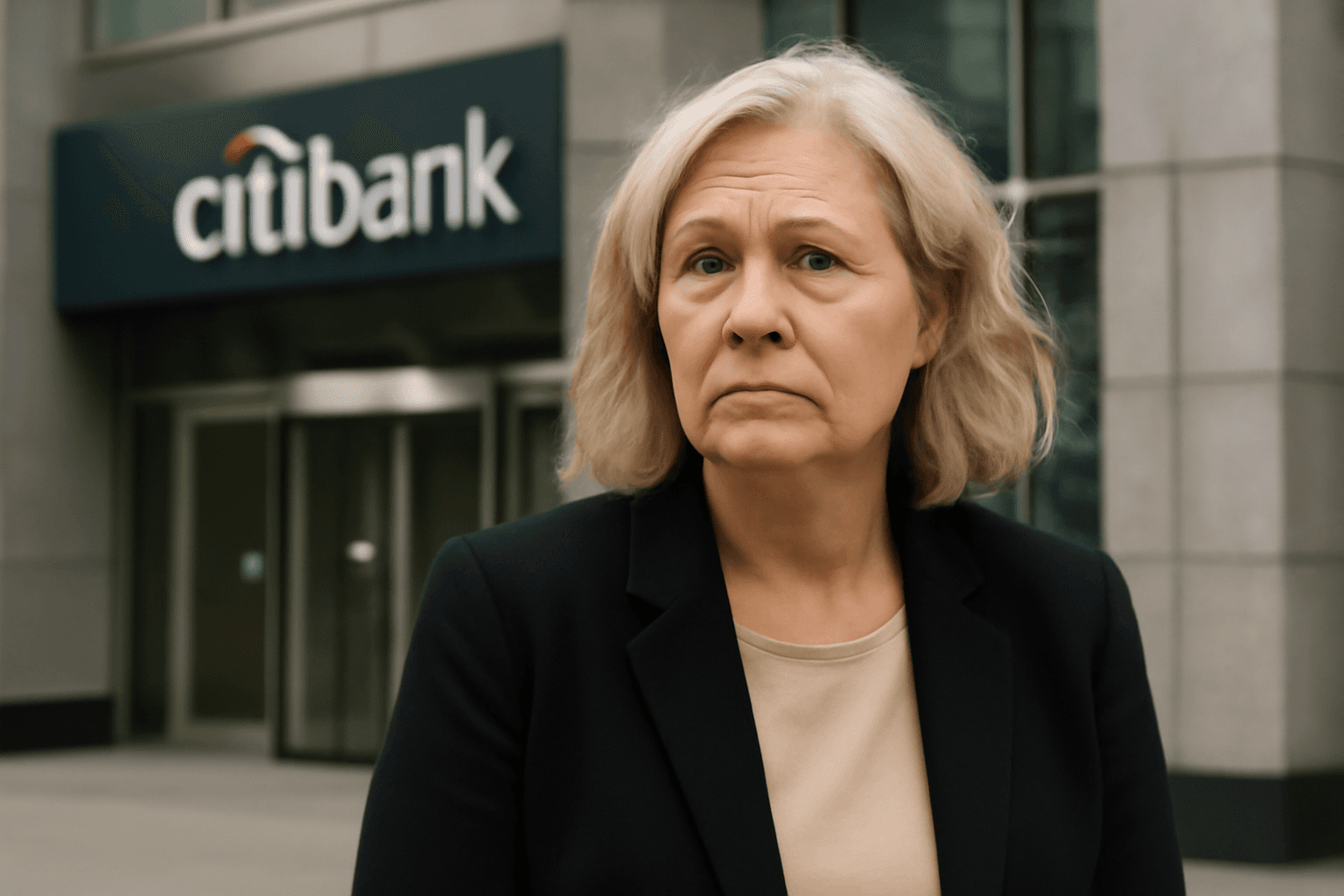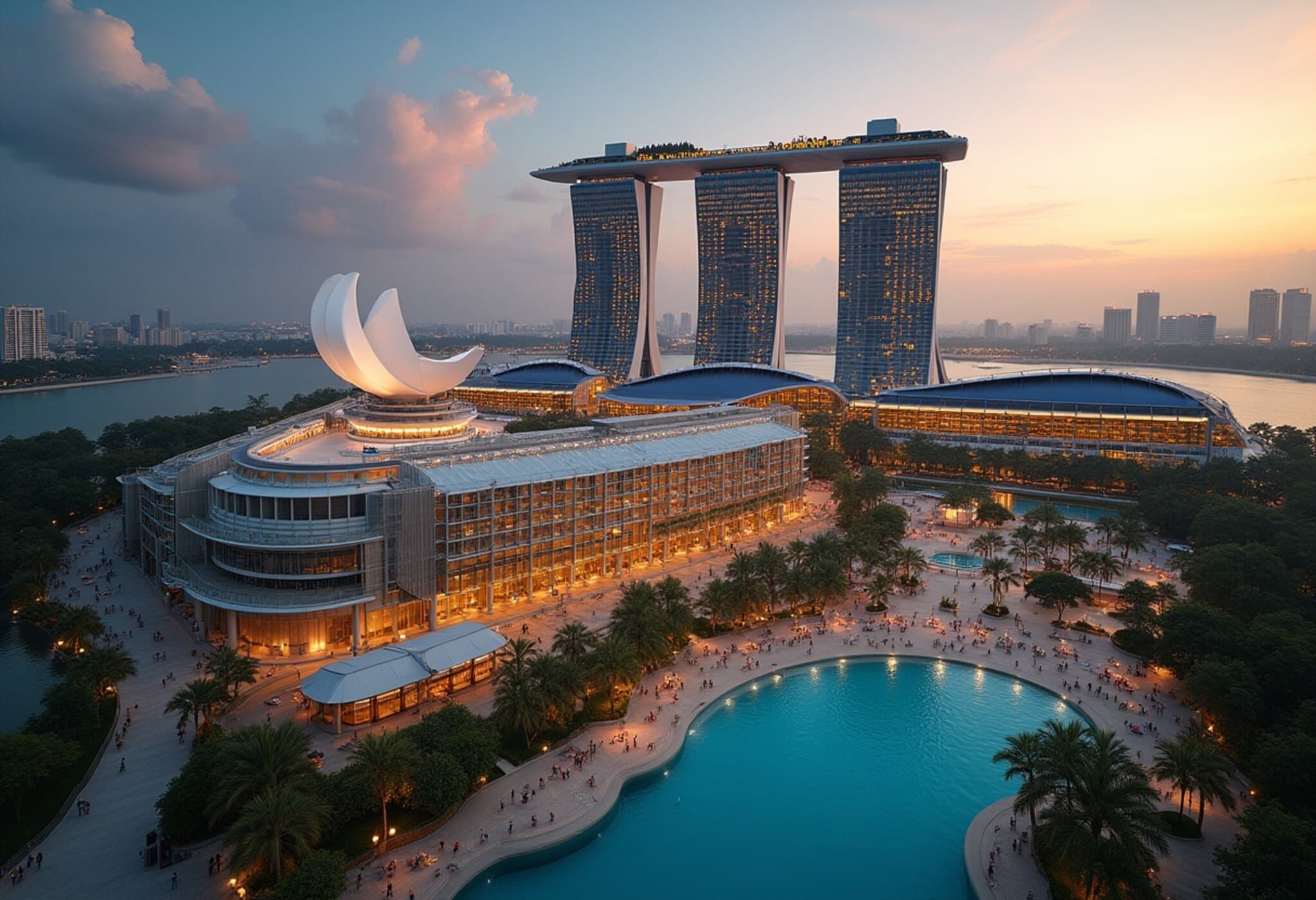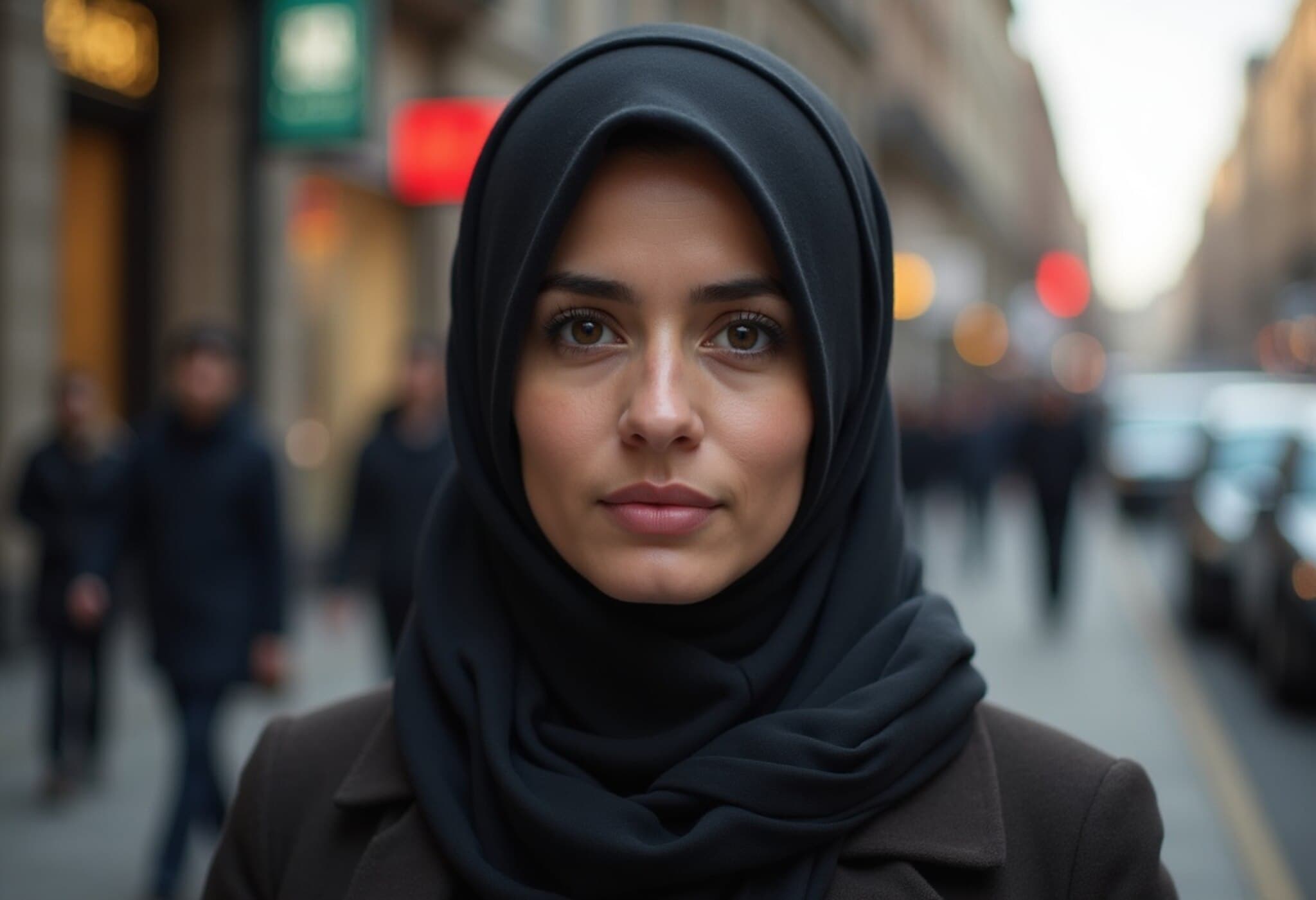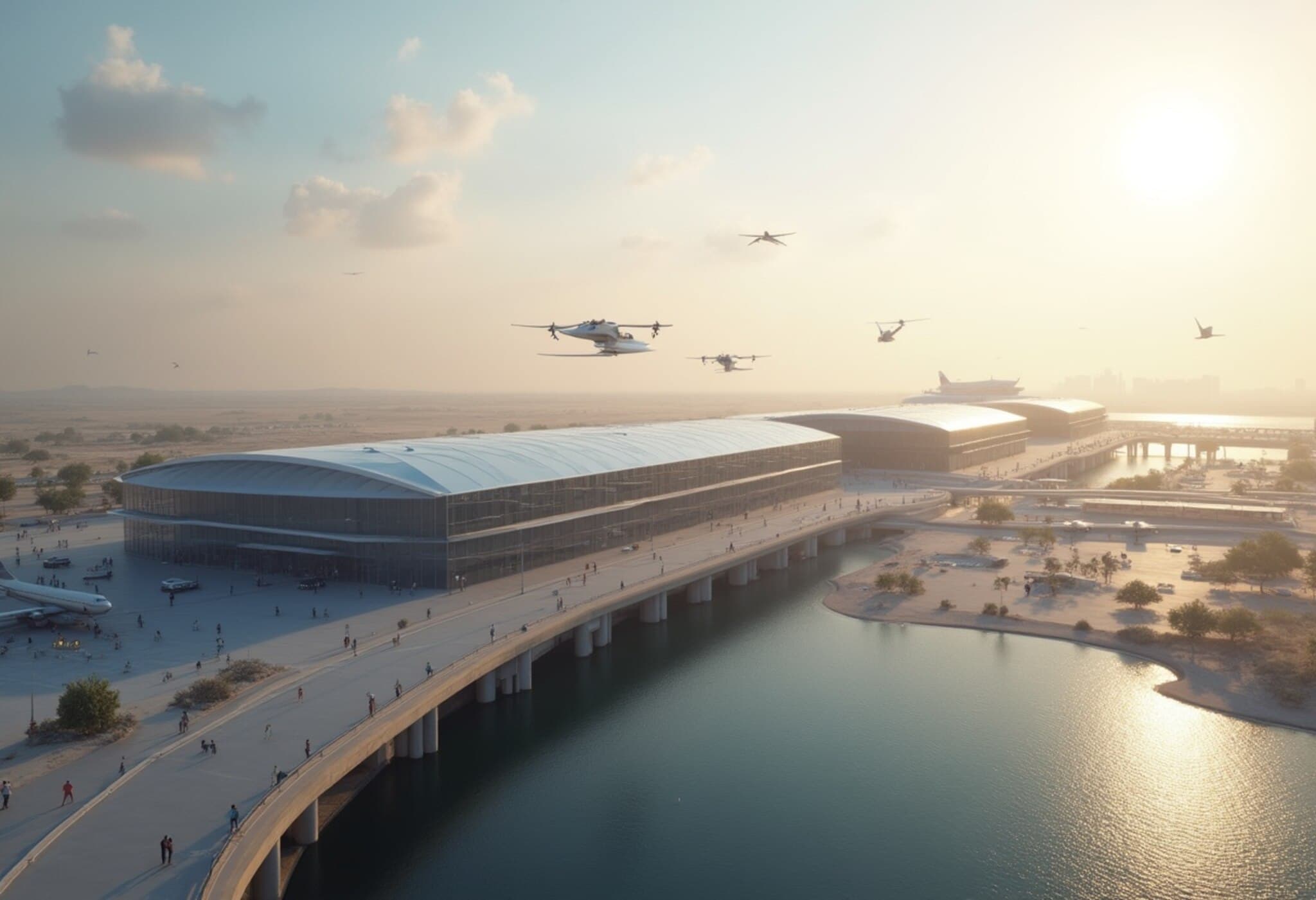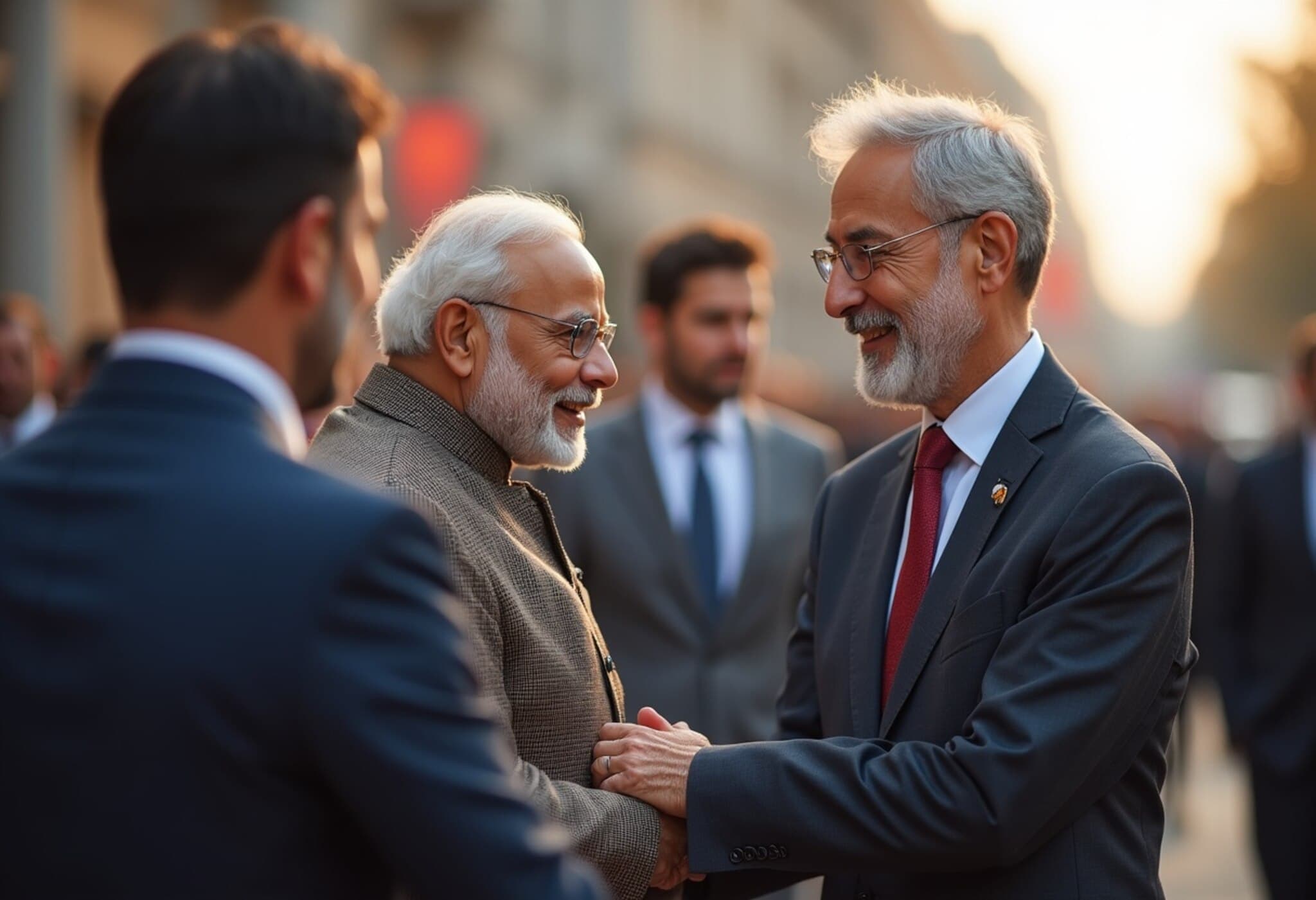Singapore Tops Global Luxury Spending for Third Consecutive Year
For the third year running, Singapore solidifies its position as the world's most expensive city for luxury spending, according to the latest annual report by Swiss bank Julius Baer, as quoted by Bloomberg. This prestigious ranking reflects Singapore’s unmatched blend of economic stability, security, and premium amenities that continue to attract affluent consumers worldwide.
London Surpasses Hong Kong, Climbing to Second Place
In a notable shift, London has overtaken Hong Kong to claim the second spot in the luxury cost rankings. The surge is largely driven by a staggering 26.6% increase in private education costs and a nearly 30% rise in business class flight fares. London's ascent illustrates how evolving policies and economic factors — such as the abolition of non-domiciled residency status — influence the spending patterns of high-net-worth individuals, despite some volatility prompting wealth migration to other cities.
Other Cities Making Waves in Luxury Spending
- Monaco and Zurich maintain their positions among the top five luxury capitals.
- Shanghai, last year’s leader, slipped to sixth place, reflecting broader economic headwinds in China.
- Dubai climbs to seventh, rising five spots and emerging as a formidable new hub for the wealthy, spurred by pandemic-era migration trends and favorable tax policies.
- New York, as the only American city in the top ten, ranks eighth, underscoring its enduring appeal amidst shifting global wealth landscapes.
Key Trends Highlighted by the Report
One of the report’s most striking findings is a 2% decline in luxury goods prices across surveyed cities — marking the first downward trend since the inception of the survey in 2020. Christian Gattiker, head of research at Julius Baer, termed this drop "quite exceptional", noting that luxury prices typically outpace average inflation rates by a factor of two.
He contextualized this as a potential 'before' moment preceding what could be a significant market transformation influenced by ongoing geopolitical tensions, tariffs, and economic uncertainties. The upcoming 2026 report is anticipated to reveal insights into whether this dip signals a new era in luxury consumption.
Education and Travel Costs as Luxury Spending Drivers
While luxury brands traditionally dominate such indices, this year’s report spotlights surges in private education and travel expenses as pivotal in reshaping rankings. London’s leap was propelled by increased private school fees, reflecting demand for top-tier education amid growing competition among wealthy families. Similarly, rising business class airfare costs — climbing nearly 30% in London and 18.2% globally — highlight changing dynamics in elite mobility patterns.
Impact of Policy and Real Estate on Wealth Migration
The abolition of non-domiciled tax status in the UK has injected a degree of uncertainty into London’s luxury market. Conversely, Hong Kong has sought to revitalize its appeal through a new investment-for-residency scheme, although hotel suite prices there dipped by more than 26%, indicating a complex picture of supply, demand, and confidence.
Meanwhile, Dubai’s ascension represents a broader shift in global wealth centers, as millionaires increasingly favor jurisdictions offering tax advantages, modern infrastructure, and lifestyle perks. This trend corroborates anecdotal reports of post-pandemic relocations reshaping the global luxury ecosystem.
Luxury Sector Outlook Amid Economic Headwinds
The luxury market, after an extended period of robust growth, appears to be entering a period of correction. The report attributes this slowdown to higher interest rates, sluggish global growth, and intensifying trade disputes. Technologies luxury items experienced notable price declines, suggesting a possible softening in consumer demand or inventory adjustments. However, bespoke services, like business class flights, have bucked this trend with price increases.
Methodology: How Luxury Cities Were Ranked
The Julius Baer Lifestyle Index evaluates 25 global cities through the lens of luxury costs encompassing property values, private schooling, high-end automobiles, gourmet dining, and travel expenses. This data, gathered between February and March 2025 from high-net-worth individuals with assets over $1 million, offers a granular perspective on where the world’s wealthy are investing and spending their money.
Looking Ahead: What These Trends Mean for Global Wealth Hubs
These movements raise critical questions about the future landscape of luxury consumption and wealth distribution:
- Will Dubai's rise challenge traditional financial centers to innovate further?
- How will policy shifts in places like London influence long-term residency decisions among the affluent?
- Can Asian cities like Hong Kong and Shanghai rebound amid economic and political uncertainties?
Understanding these dynamics is essential for policymakers, luxury brand strategists, and investors watching the shifting contours of global wealth.
Editor’s Note
This year’s luxury spending report reveals more than just shifting rankings—it sheds light on the evolving values, priorities, and strategies of the global elite. As cities jockey for position in a rapidly changing economic and geopolitical environment, factors like education and travel costs emerge as powerful indicators of luxury lifestyles, alongside traditional markers like real estate and retail spending. Observing these trends offers a valuable lens into how wealth adapts in times of uncertainty and opportunity.
Readers might ask: How will rising costs in education and travel reshape access and inequality within luxury markets? Will emerging hubs like Dubai sustain their momentum, or will established cities reclaim their dominance as global stability returns? These questions remain open as the world watches the luxury landscape in flux.


